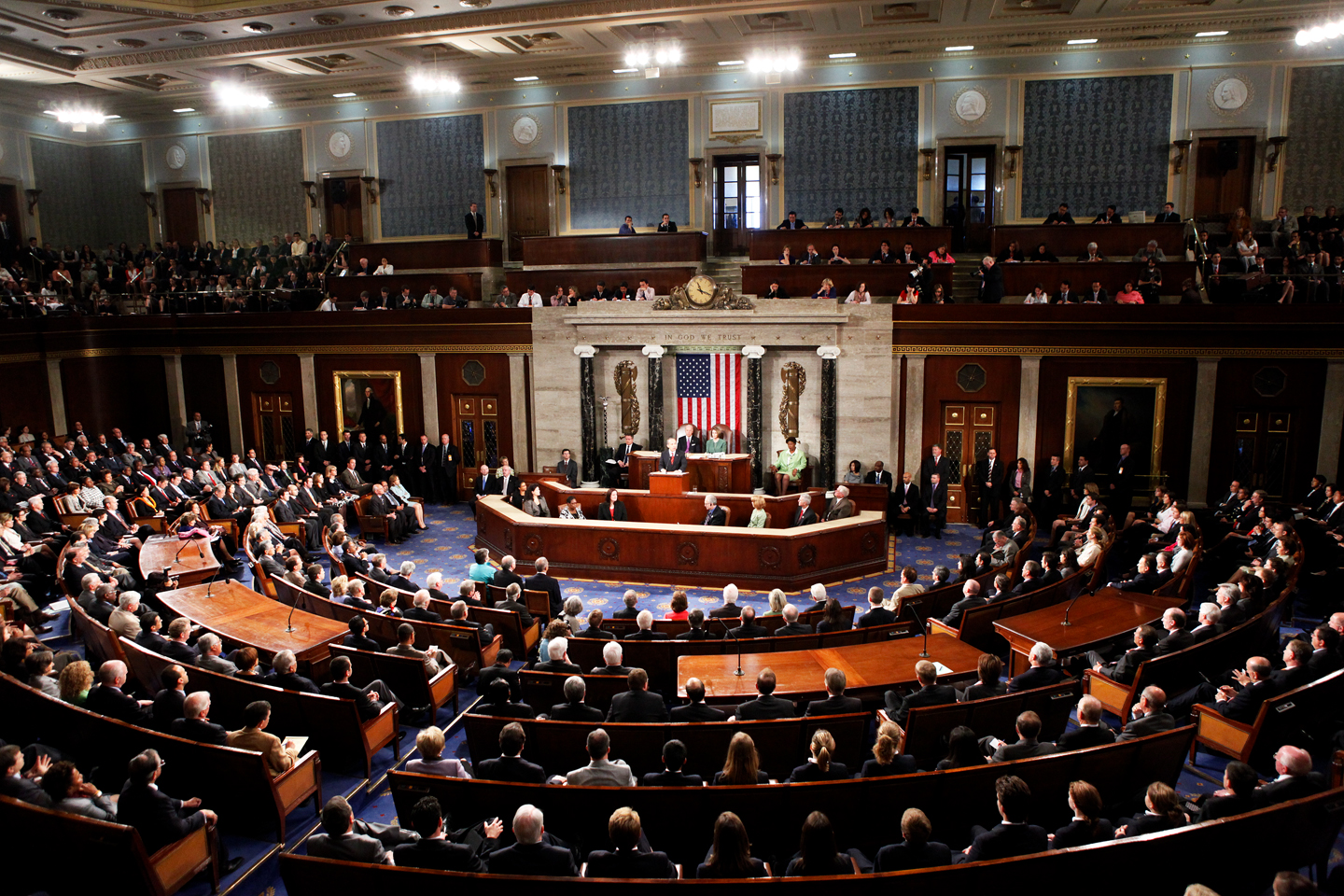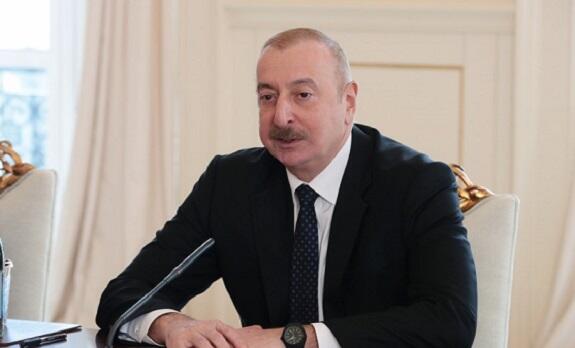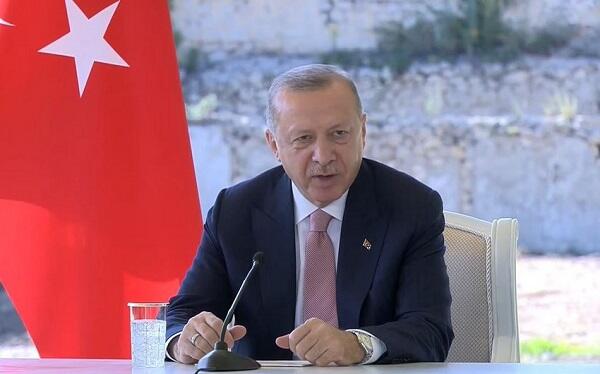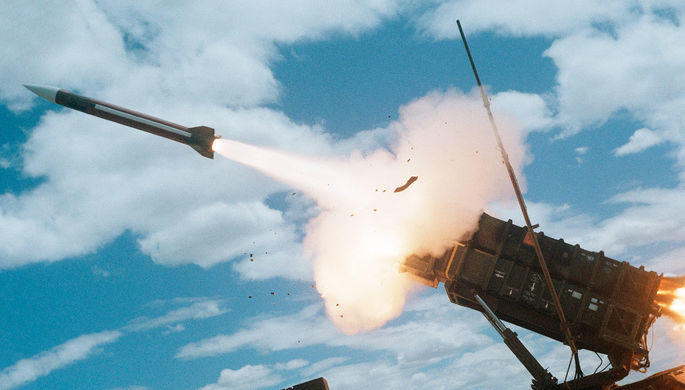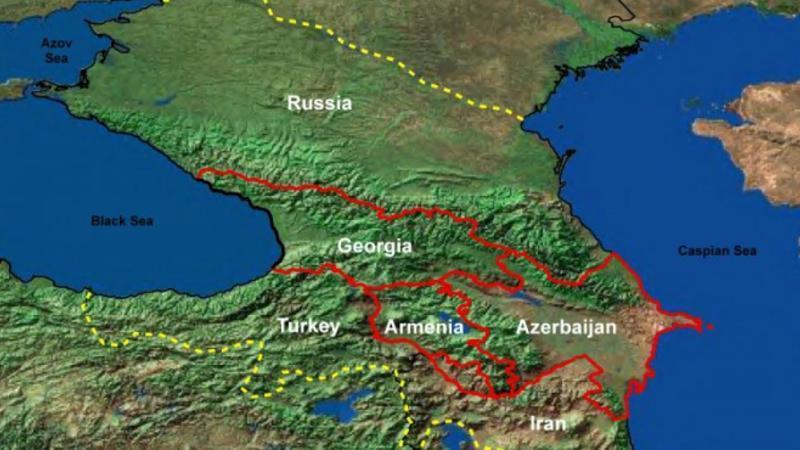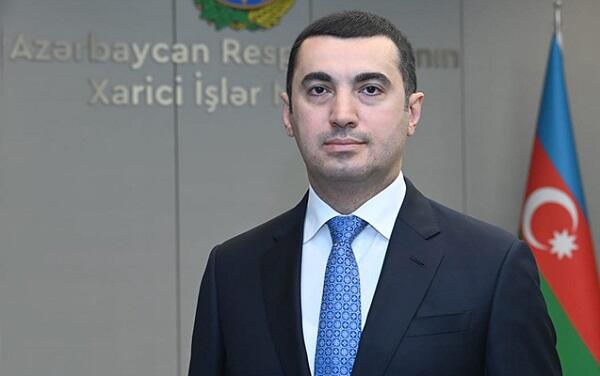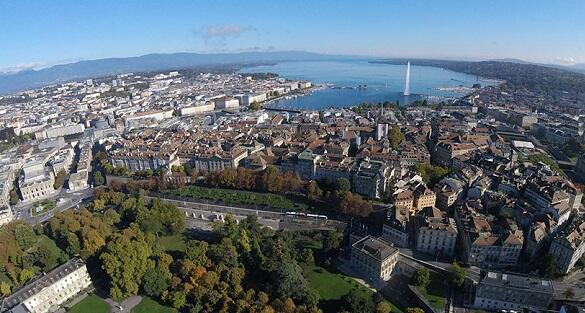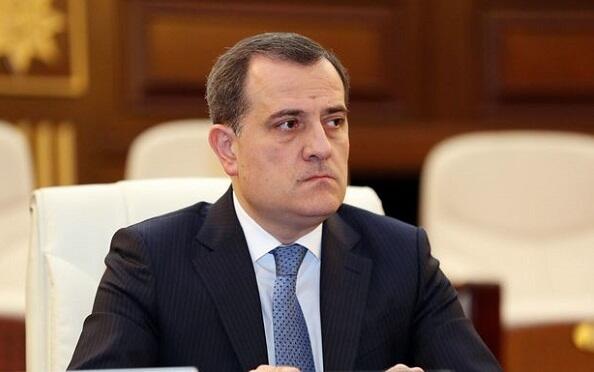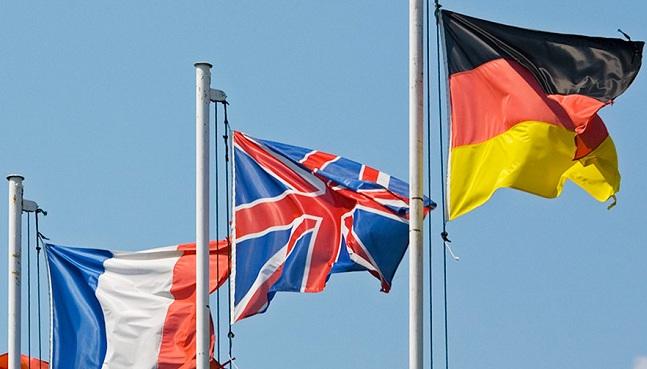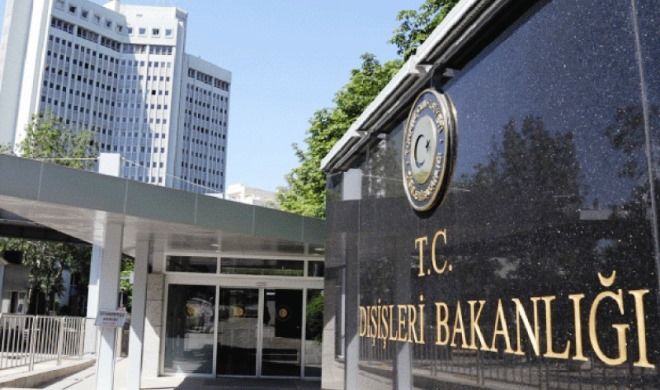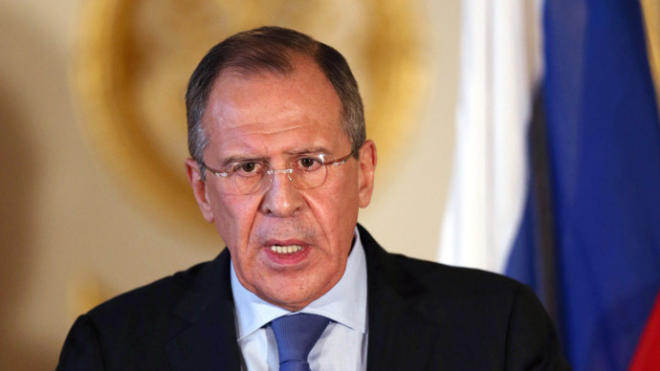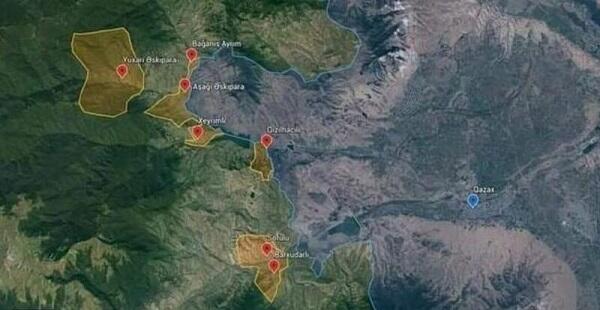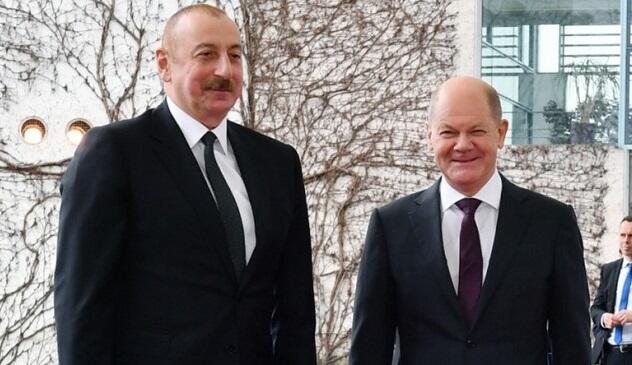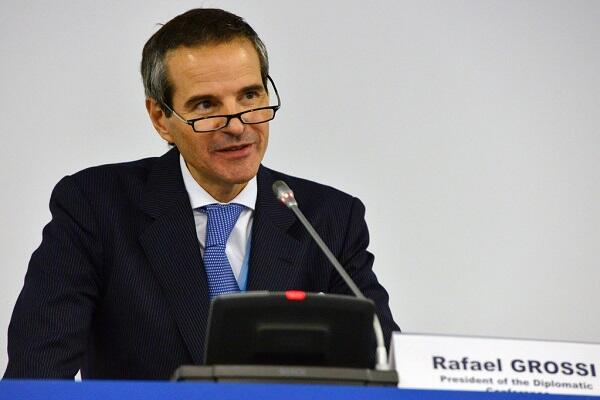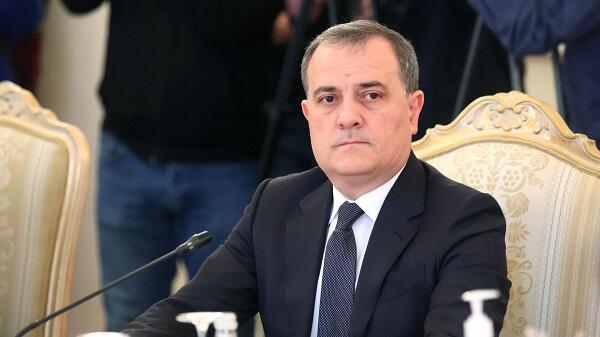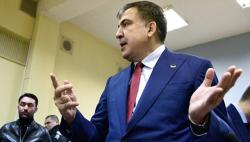Facing a push for deep reforms by President Emmanuel Macron targeting the public sector and businesses, French unions kick off a wave of strikes Tuesday that analysts say will test how much weight they still carry.
Axar.az reports citing AFP.
Workers at the state rail operator SNCF will start downing tools two days out of every five -- a strategy aimed at limiting lost wages -- but the disruptions are likely to spill over into non-strike days as well.
Unions are reacting to government plans to revamp the debt-laden and loss-making SNCF which they believe -- despite consistent denials from the government -- is a first step toward privatisation.
Under the reform plans, new employees would not benefit from a special status historically given to railway workers, which guarantees them a job for life and early retirement.
SNCF chief Guillaume Pepy warned Sunday that some train lines might be closed due to the walk-outs, which are projected to last until June and could lead to disruption increasing over time.
"Three days after normal services resume, another strike sequence will start. It'll completely disorganise our work," he told the Journal du Dimanche newspaper.
Pepy, who has warned that just "one train in five or one in eight" trains will be running, urged passengers to stay away from stations unless their train was confirmed, starting from Monday night.
Transport minister Elisabeth Borne, interviewed in the Sunday version of the Parisien newspaper, didn't mince her words, calling the industrial action "incomprehensible".
A new poll by the Ifop survey group published on Sunday showed that 46 percent of respondents found the strike "justified", an increase of four points from two weeks ago.
Only a slim majority, 51 percent, thought the government "should complete the reform as it has been announced".
The protests follow a series of demonstrations or strikes by civil servants, teachers, pensioners and students who have been stirred up by Macron's multi-front reform drive.
Unions have so far failed to block any of the changes proposed by the centrist leader since his election last year, a victory that virtually swept away the Socialist Party, long the political champion of the labour movement.
But by taking on the SNCF, a totem of French unionism, Macron has inevitably drawn comparisons to a previous turning point in Europe's industrial relations: Margaret Thatcher's showdown with British coal mine unions in 1984.
Macron appears to be seizing the opportunity provided by his surprise victory in presidential and parliamentary elections last May and June when he stood as a reformist candidate promising to transform France.
Like controversial labour market reforms last October, he has promised to push through the SNCF overhaul by executive order to avoid a lengthy debate in parliament, while also pressing ahead in other areas.
France's union landscape has also shifted markedly, with the hard-line CGT recently dethroned as the biggest player by the more moderate CFDT, which has refused calls for a "convergence" of the various protests.
Union membership has also plummeted, with just over 11 percent of French workers unionised according to the Organization for Economic Cooperation and Development, one of the lowest levels in the EU.
However unions continue to punch above their weight and even the CFDT chief Laurent Berger has warned Macron against "knocking over everything", describing his method as "You discuss, I decide".
Fresh on the heels of loosening France's strict labour rules to make hiring-and-firing easier, Macron appears eager to take advantage of his momentum.
But he will need to overcome union resistance and hope that the various groups affected by his changes do not form a united front against him.
CGT head Philippe Martinez, whose union is the biggest at the SNCF, said last week that France was poised for another May 1968, when a series of strikes snowballed into a social revolution.
Fifty years ago, "There was no general call for a strike, but a chain reaction of mobilisations that came together," Martinez told L'Humanite newspaper.


